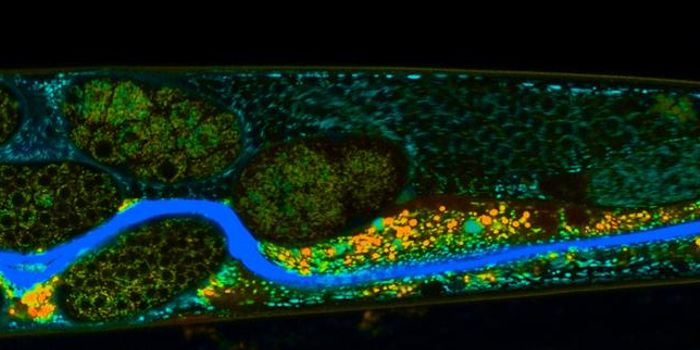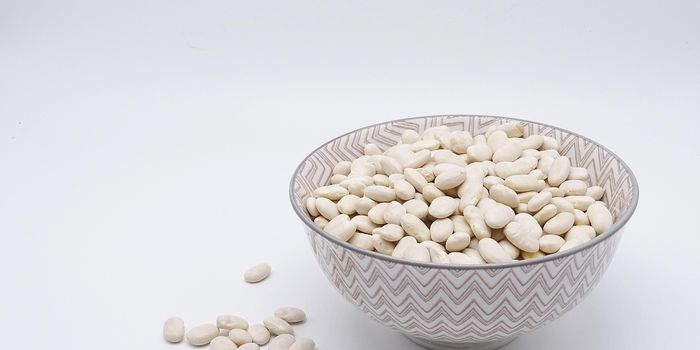Using Food Waste To Make Rechargeable Batteries
Back in 2010, the U.S. Department of Agriculture (USDA) estimated that nearly 133 billion pounds of food went to waste, averaging to about 200 hundred pounds of waste per person, which is a staggering amount of waste. When it comes to the actual disposal of food waste, the U.S. Environmental Protection Agency (EPA) notes that, while the amount has been rising, only about 2,500 tons of food is composted (a method of recycling organic food matter). That’s compared to the 35,000 tons of food sent to landfills. While efforts have been implemented to help reduce the amount of food that goes to waste and how it is disposed of, the world is in constant need of new solutions for managing food production, consumption, and disposal.
According to new research being conducted at Virginia Tech, the use of organic food material may help address another environmental concern: battery production. Amid efforts to move away from traditional carbon-based approaches towards more eco-friendly and sustainable types of batteries, organic food waste may offer a solution.
Using a grant from the USDA Foundational and Applied Science Program, researchers in the Department of Food Science and Technology at Virginia Tech are exploring ways to turn certain types of food waste, such as apple cores and walnut shells, into biomaterial that could be used to power certain types of rechargeable batteries. Specifically, researchers found that the fiber in certain waste products was a key component in the creation of carbon-based battery materials, like the anode. The research team noted that “Our unique approach of using agricultural waste-derived carbon materials to host alkali metal, such as lithium and sodium, will bring major advances to agricultural waste processing and battery technology.”
The use of biomaterial from food waste to create carbon-based materials for batteries could help reduce how much alkali metal we use in batteries (such as lithium), which have been noted in recent years for both the toll taken on our environment by mining operations and the ethical labor issues associated with such mining.
The research team still has two years left on their grant from the USDA. Their goal now is to study more closely the carbon produced from food waste and how best to optimize its integration with an actual battery.
Sources: Eureka Alert!; USDA; EPA








